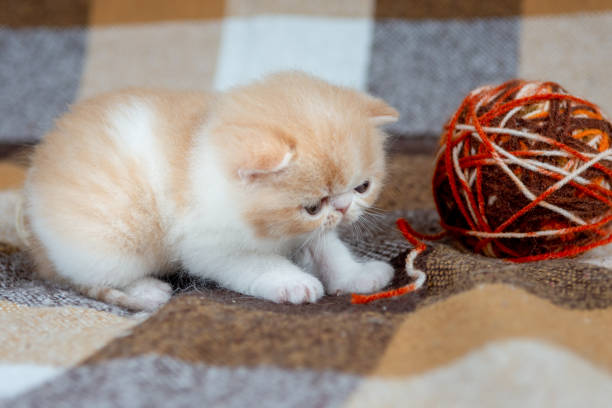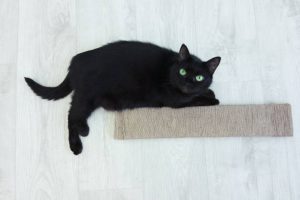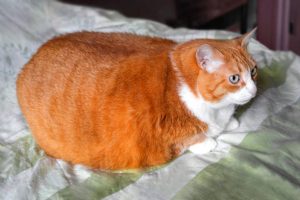Physical Address
304 North Cardinal St.
Dorchester Center, MA 02124
Physical Address
304 North Cardinal St.
Dorchester Center, MA 02124

Buying psyllium fiber for cats is a divisive issue. Since humans rely on fiber supplements to overcome watery diarrhea, some have reasoned that high-fiber foods may also be beneficial for their companion felines.
Making the Case for Psyllium Fiber
Pet Place’s Dr. Nicholas Dodman argues that psyllium may be used to deal with “profuse watery diarrhea in small animals, and other gastrointestinal disturbances.” Available without a prescription, the professional deems it safe for “humans, horses, and cats” but not rabbits. Dr. Dodman explains that psyllium fiber for cats comes in 500 mg and 1,000 mg tablets. He identifies the usual feline doses as being 0.5 to 2 g per pound of body weight at a rate of one treatment per 12 to 24 hours.

What is Psyllium Fiber Anyway?
Psyllium is an indigestible dietary fiber. Psyllium fiber for cats comes in powder and tablet form. Grind up the tablets or sprinkle the powder onto wet food, mix it thoroughly and encourage the animal to eat. Once the fiber enters the cat’s gastrointestinal tract, it bonds with liquids that are present and becomes mucilaginous.
Making the Case against Fiber Supplements
Although it is true that fiber supplements will effectively counteract watery diarrhea in cats, the psyllium might actually do more harm than good. If the animal fails to remain properly hydrated, there is a chance that some of the fiber turns into an intestinal blockage. Yet, there is another reason why psyllium fiber supplementation is not always such a good idea for cats: allergies.
ASPCA experts explain that diarrhea in cats is a common allergy symptom. Possible allergens run the gamut from weeds, foods and cleaning products to fabrics, plastics and flea medicines. Trying to treat the diarrhea will have little effect on the allergy and will prolong the animal’s suffering since only a symptom is being targeted.
Checklist of Options
